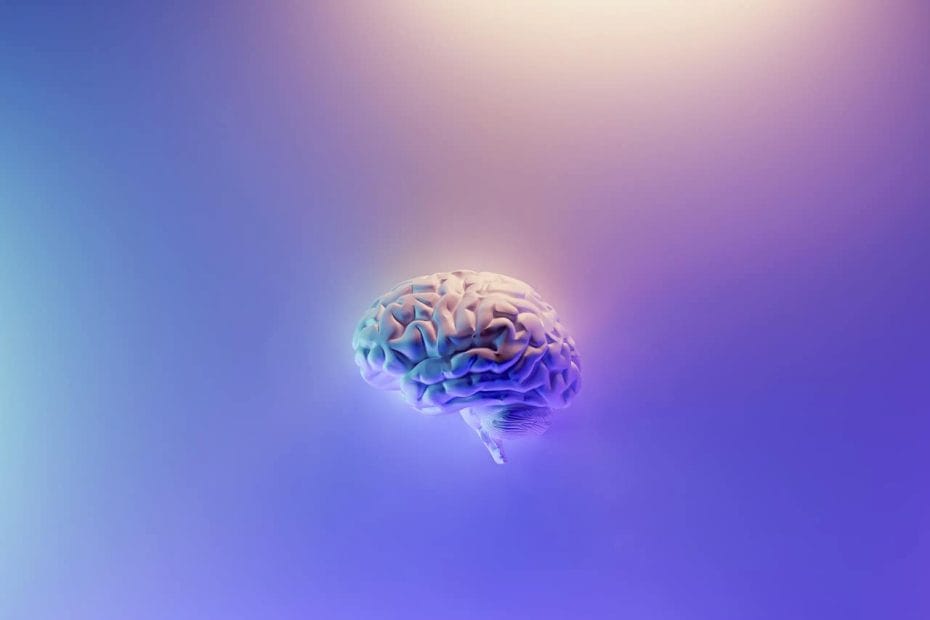You might think that critical thinking – the application of clear thinking, use of logic, and objective reasoning in decision making – has no place in academic writing. But it does.
According to a new research conducted by the Gallup on behalf of Phi Delta Kappa, an international association for professional educators, “critical thinking, creativity, communication, and other soft skills, as well as student physical and social wellbeing, are also necessary for future success in higher education and in the workplace.”
As a University student, you need to master this skill to excel in your academic career. If you’re an undergraduate student, understand that critical thinking skills will teach you how to comprehend literature, review a book, understand an argument, and, above all, write an in-depth, quality thesis that will make you stand out from the rest of your course mates.
In this article, I’m going to focus on how to apply critical thinking on your thesis. Beyond gathering massive data, statistics, and case studies, you need to learn how to think critically so you can process, understand, analyze, compare, and apply the information you gather in your thesis and excel in your academic career.
Here are the five critical thinking skills you can use to improve the quality of your thesis:
1. Process
There is a lot of information in our digital libraries, particularly the online web.
As of last month, the number of websites on the Internet, according to a recent report by Google, exceeds 4.2 billion. And, every minute, about 211 million content is shared on these sites.
How do you filter credible sites from the incredible ones? What eBook would you read and what to ignore? What data would you cite in your thesis and what crap would you toss away? Only critical thinking skill can answer these. Its main goal is to help you reason well.
If you’re a critical thinker, the ton of information indexed on the net won’t confused you. Unlike a naïve student, whose subjective judgment dominates his thoughts, a critically thinking student processes the information – objectively – before they use them in their thesis. They read them. They listen to them.
And they always try to understand them.
2. Understand
One of the essential skills of critical thinking is comprehension.
A critical thinker tries to understand a material, and its key points, assumptions, evidence, arguments, and conclusions, before they use them. As an undergraduate student, you need this skill to ace your thesis. So, it’s crucial to master it. When you do, you’ll not just read an article and cite it in your work. Because now you know better.
Instead, you’ll try to understand the writer’s assumptions, which will help you recognize their main arguments and conclusion, allow you to scan their thoughts, and finally help you fling fabrications and use only evidence-backed claims in your writing.
But that’s not enough. After you’ve understood an argument, you need to analyze it and apply your voice in your thesis. (See section no. 3 below).
3. Analyze
You can’t analyze a study if you don’t look at it through a critical lens.
Remember: To analyze is to examine the points made, the assumptions presented, the conclusions drawn. For instance, assuming you’re writing on “The Impact of Twitter on the 2015 General Elections in Nigeria,” and you come across an academic paper on Google Scholar on the subject.
The writer presented, in terse words, his thesis statement, “the paper examines the positive impact of social media tools in Nigeria’s 2015 general elections,” and concludes that “without the social media tools, Buhari wouldn’t have won the election.”
Critical analysis of the paper will help you examine the writer’s claims; scrutinize how their thesis statement relates to their methodology, findings, and discussions before you finally agree with their conclusion. It also helps you compare their findings with other researchers.
Let’s talk about that next.
4. Compare
The comparison is another important critical thinking skill that improves the quality of your thesis.
When you have one hundred hard copy books line on your table and another 200 on your desktop, this skill will let you compare different ideas from different sources. You can, for example, explore the similarities and differences between the findings of author A and that of author B, C, and E, and see which – amongst them all – is more accurate.
It’s an important critical thinking skill for researchers.
5. Apply
After you’ve processed the information you gathered, understood its main points, analyze and compare its argument … it’s time to put them into practice: Apply them.
Go ahead and craft a title and thesis statement that follows it with confidence, because now your thinking is well-organized.
The arguments you have read, processed, and understood will help you write a better literature review that will capture your supervisor’s attention. The evidence and findings you analyze will help you raise smart questions; come up with a methodology that fits your research problem, and win you an A+ in your thesis.
The more you apply what you’ve critically studied in your thesis, the better your research will improve, the more you’ll excel in your academic career. This is true in academia, in business, and in life.





